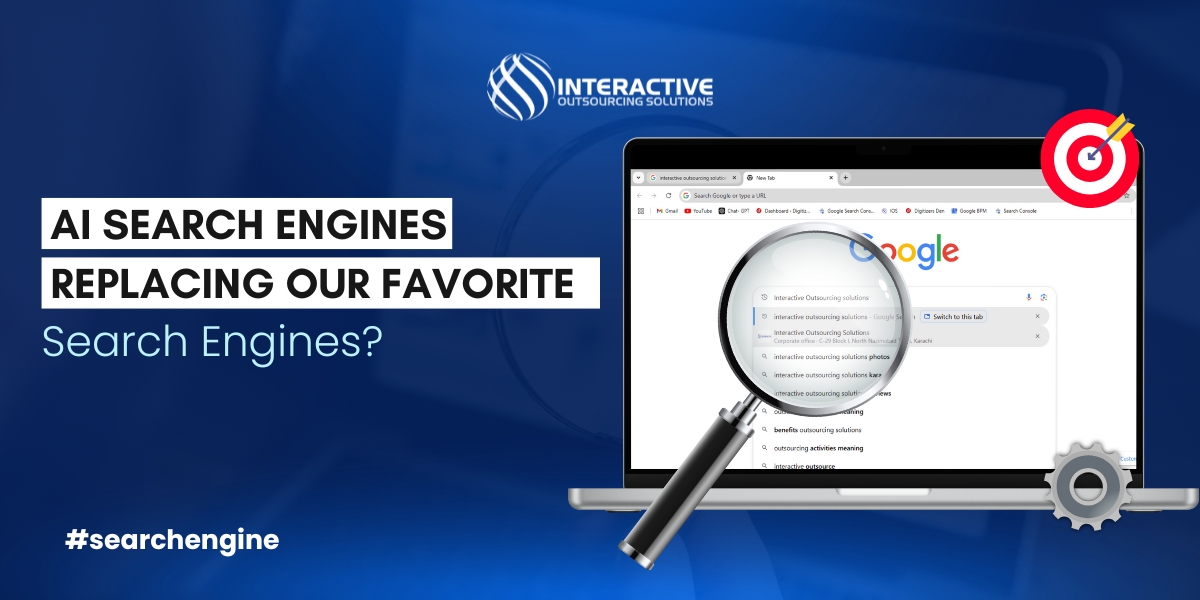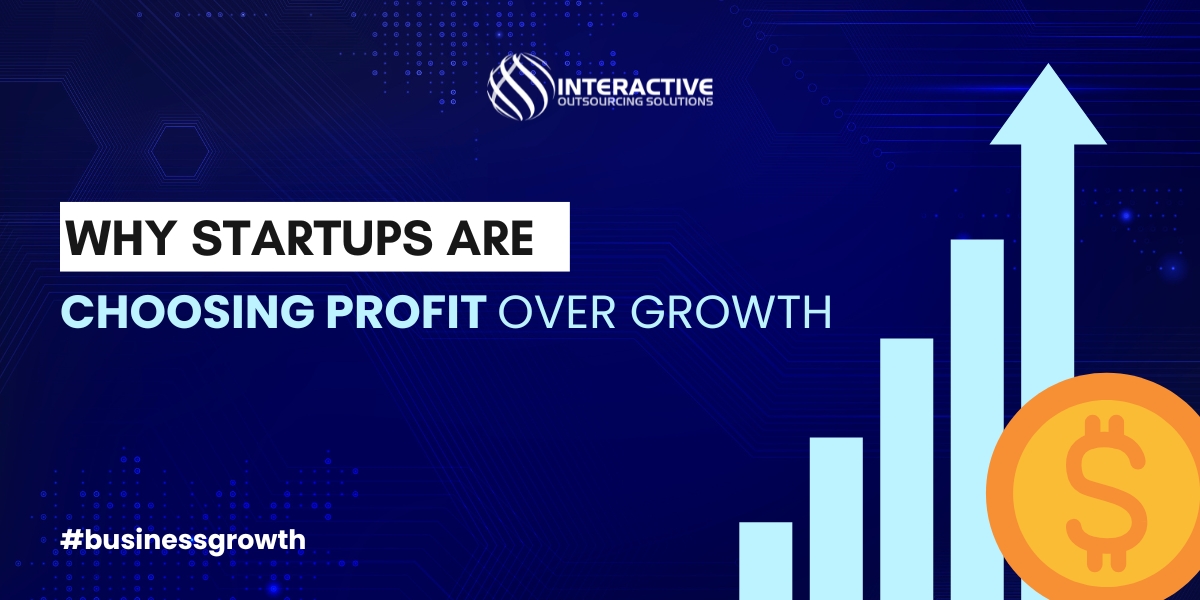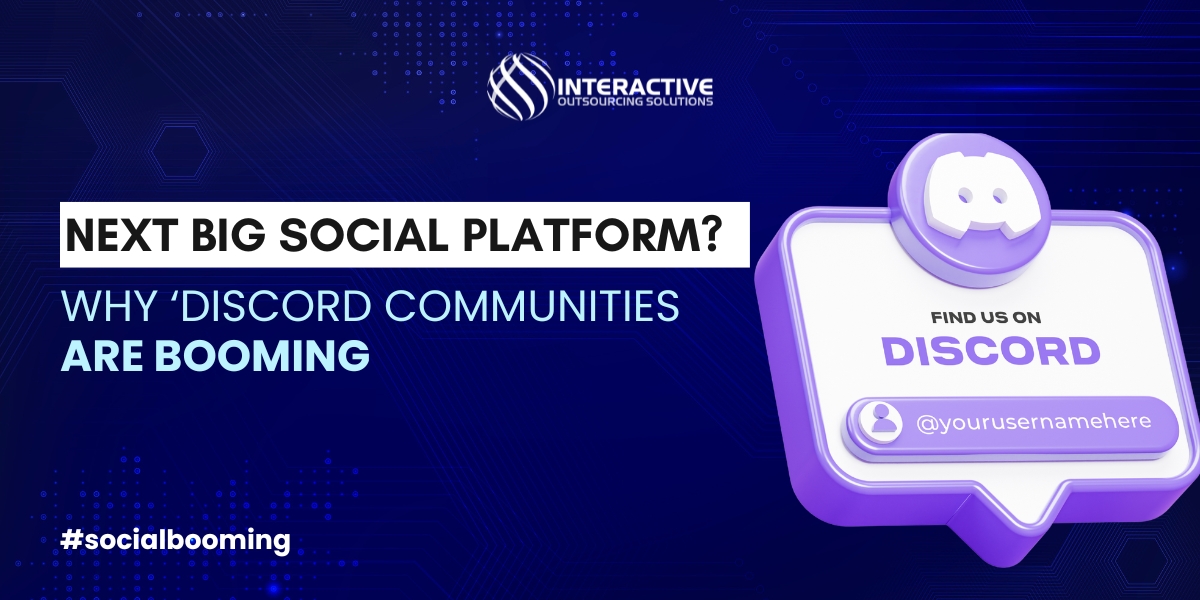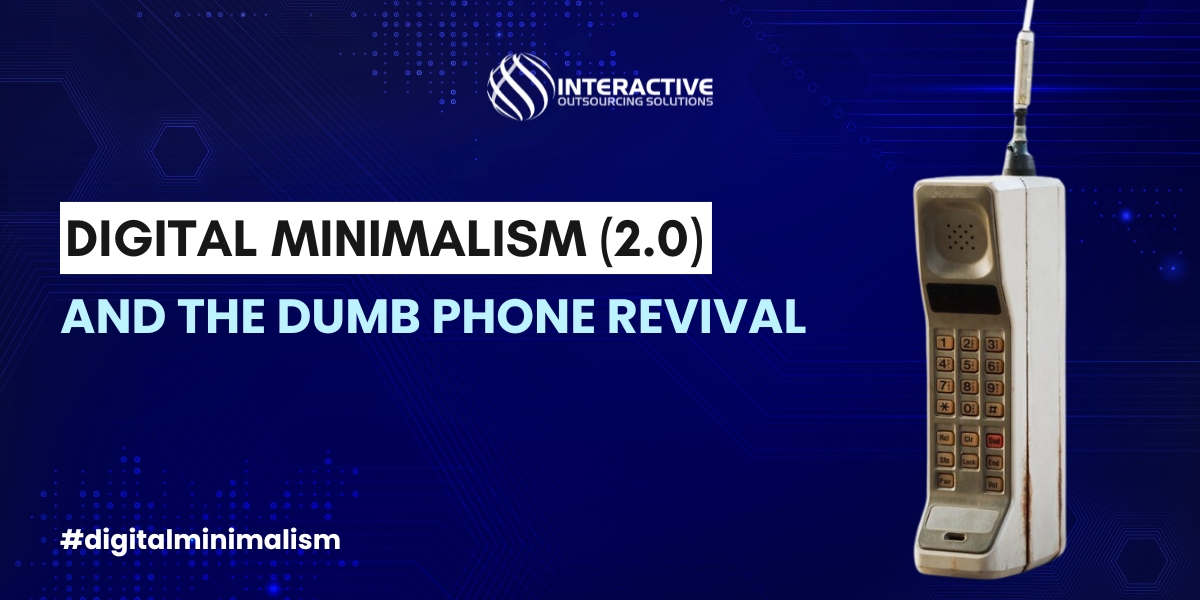Generative AI has revolutionized the online search landscape, giving rise to a new breed of search AI search engines that provide concise summaries in response to inquiries instead of the traditional format of blue links. Major players such as Google and Bing are rapidly incorporating AI technologies into their services to remain competitive with emerging platforms like Perplexity and You.com. Nevertheless, the complete capabilities of AI search engines are still being realized, presenting both significant opportunities and considerable challenges.
By comprehending the mechanics of an AI based search engine, marketers can harness its capabilities to develop more impactful marketing campaigns, enhance their content for improved search engine visibility, and attract greater traffic from specific target audiences. Through its predictive features and tailored suggestions, AI search engines can assist marketers in pinpointing the most effective strategies that will yield optimal returns on investment.
How AI search works
AI based search engines operate by initially crawling and indexing web pages throughout the internet, gathering valuable information such as text, images, and links. They employ machine learning algorithms and natural language processing techniques to conduct a more in-depth analysis of the content and structure of these web pages, enhancing their understanding.
All collected information is subsequently processed, organized, and stored in a database, enabling retrieval during the search process. AI search engines consistently update and enhance their indexes by learning from user interactions and incorporating new data.
When a user submits a query, AI search engines utilize large language models (LLMs) to gain a deeper understanding of user intent. They analyze the meanings of individual words as well as the patterns and relationships among them. This allows them to align the user’s query with relevant search results in their indexes, even when the query is vague or conversational.
Over time, certain AI search engines gather data on users’ search histories, the links they click, and other metrics to create profiles for individual users. This capability enables them to understand user preferences better and provide more tailored responses.
AI search engines leverage LLMs to synthesize information found across the web into comprehensive AI-generated answers. Trained on extensive text data, these large language models predict the most logical subsequent word based on the context established by preceding words, allowing them to generate coherent and grammatically accurate prose that closely mimics human writing.
5 best AI based search engines of 2025
Artificial intelligence has the potential to enhance your search experience, and initiating the process is both cost-free and straightforward. The launch of ChatGPT in late 2022 marked a significant rise in its popularity, as users were impressed by its capability to provide conversational and succinct responses to a wide range of inquiries.
Shortly after the launch of ChatGPT, prominent search engines such as Google and Bing integrated generative AI into their services, enabling them to provide conversational responses that draw on the latest information available online.
Perplexity
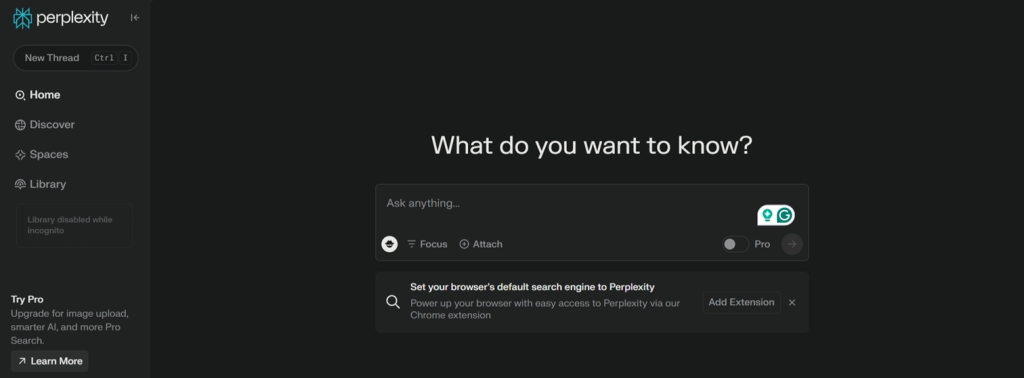
Perplexity AI has been designed as an AI search engine, a fact that is evident in its interface, which seamlessly integrates the most effective elements of both AI chatbots and traditional search engines. This unique capability distinguishes Perplexity from its competitors in the market, establishing it as the most engaging and thorough AI search engine available.
Upon entering your search query, the results page displays several links at the top, which is beneficial when using Perplexity as a search engine to locate the most relevant websites. The results feature conversational, succinct, bulleted AI-generated responses accompanied by footnotes and website links. Additionally, below the AI insights, users can explore a “related” section that mirrors the functionality of search engine tools, similar to Google’s “people also ask” feature. This “related” section promotes further exploration. Perplexity is available for free, and no account is required, allowing users to easily engage with the tool.
Perplexity provides source links for its results and allows users to save their past queries, referred to as Threads (distinct from the Twitter-like Threads social platform). The results page of Perplexity is more cluttered than those of many other sites, featuring buy tiles and source links accompanied by images. Additionally, unlike most AI search platforms, Perplexity includes a Discover page that closely resembles Google News.
ChatGPT Search
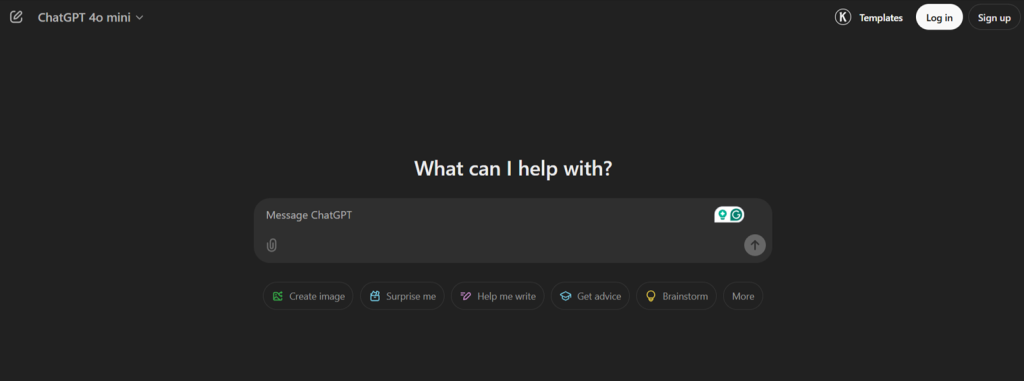
OpenAI’s ChatGPT, which has been instrumental in popularizing generative AI, now integrates with conventional web searches. To utilize this feature, simply click on the globe icon within the interface. Similar to the standard ChatGPT experience, users can pose follow-up questions, and the service retains the context of ongoing conversations. It employs the advanced ChatGPT-4o model to comprehend and formulate responses to your inquiries. Additionally, the platform can audibly read answers in a natural-sounding voice, and users have the option to provide feedback through thumbs-up or thumbs-down ratings. Notably, ChatGPT also offers links to the sources of its information.
You.com
You.com is a unique kind of AI based search engine that positions itself as an “AI productivity platform” tailored for business applications, utilizing established large language models (LLMs). While it provides a basic free option, users must create an account to utilize features such as chat history, file uploads, and the development of custom agents. A free account restricts users to a context window of 16,000 tokens, which defines the amount of input the AI can process when generating responses.
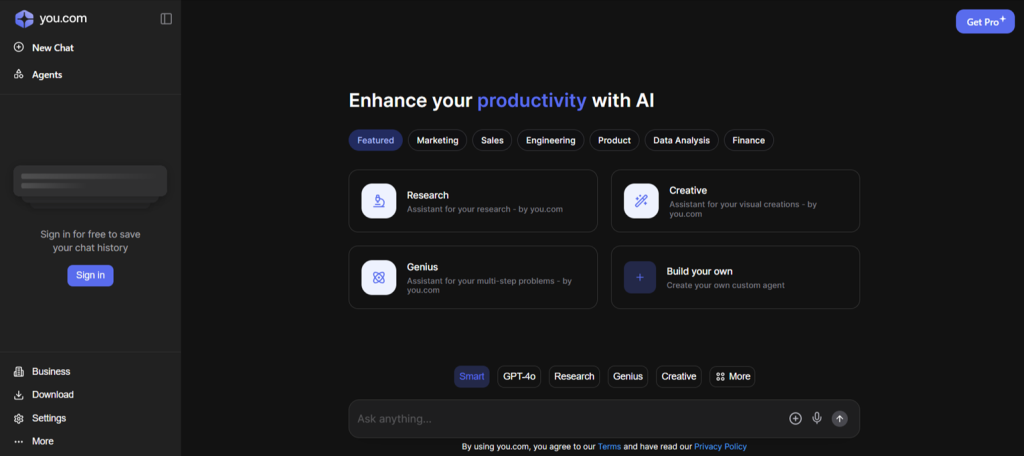
You.com offers users four primary buttons located above the search box: Research, Creative, Genius (designed for complex, multi-step inquiries), and “Build your own custom agent.” Additionally, users can choose from various industries for tailored suggestions, including Data Analysis, Engineering, Finance, Marketing, Product, and Sales. Each industry option presents three distinct suggestion buttons. For instance, within the Sales category, the Sales Emailer option can generate emails for new contacts, reengage existing customers, or draft partnership proposals. These tailored suggestions may be more beneficial for some users compared to starting with a blank text box. During testing, after specifying the target customer and topic, You.com produced a polite and professional email. The platform utilizes ChatGPT-4.o for generating results and display advertisements.
Google Gemini
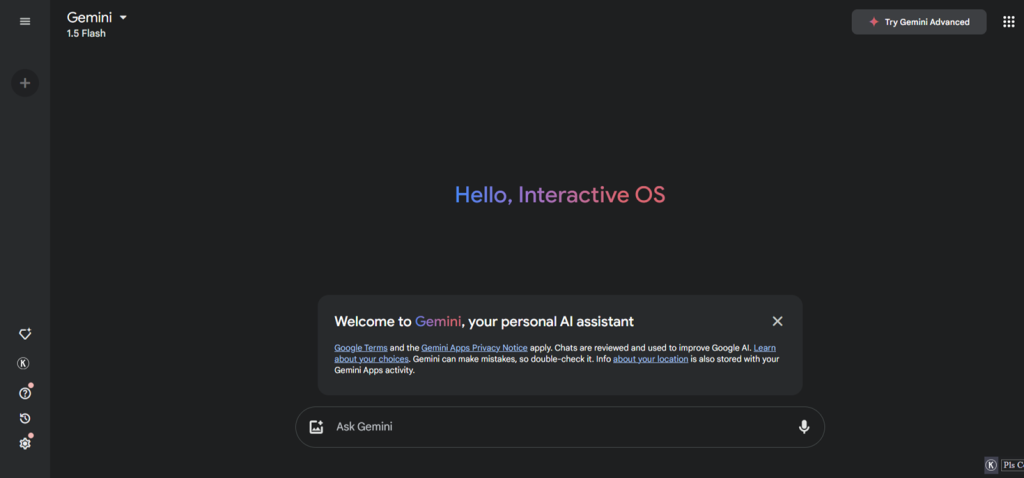
Gemini, previously referred to as Bard, is Google’s AI chatbot designed to appeal to users familiar with the company’s innovative offerings. Users may have observed that Google has integrated an “AI Overview” feature into certain search results. However, it is important to note that Gemini functions as an independent tool dedicated to providing AI-generated responses.
Google Gemini represents a collection of AI models, similar to OpenAI’s GPT. These models are multimodal, enabling them to comprehend and produce text akin to traditional large language models (LLMs). Additionally, they possess the capability to inherently interpret, manipulate, and integrate various forms of information, including images, audio, videos, and code.
As we have now entered the era of corporate competition in artificial intelligence, many companies remain discreet about the details of their models’ functionalities and distinctions. However, Google has disclosed that the Gemini models utilize a transformer architecture and employ techniques such as pretraining and fine-tuning, similar to other prominent AI models.
Microsoft Copilot

Copilot represents a suite of innovative features that integrate large language models (LLMs) with Microsoft’s existing software products like
- Windows 11
- Bing Search’s AI Chat
- Microsoft Edge
- Microsoft 365 apps
Its AI capabilities encompass generative AI for both text and images, as well as tools for text and data analysis, among other functionalities. The primary aim is to enhance efficiency in searching, writing, and brainstorming, ultimately facilitating task completion.
These features are seamlessly integrated into the applications you utilize daily. When you pose a question to Bing, initiate writing in Word with AI assistance, or engage in forecasting within Excel, a request is sent to the Microsoft Azure infrastructure. There, the AI models process the request and return the relevant response to your application. Consequently, an internet connection is necessary to utilize Copilot, as most personal computers lack the computational power required for LLM-level tasks.
The future of AI-based search engines
As artificial intelligence and machine learning advance, their integration into search engine algorithms is increasingly significant. This evolution has the potential to transform the way users discover content and how businesses market themselves online.
Looking ahead, we can expect search engines to deliver more precise and tailored results as AI technology evolves. Nevertheless, marketers must be aware of the potential challenges that may arise. Without adequate oversight and regulation, these algorithms could inadvertently foster bias within the industry.

